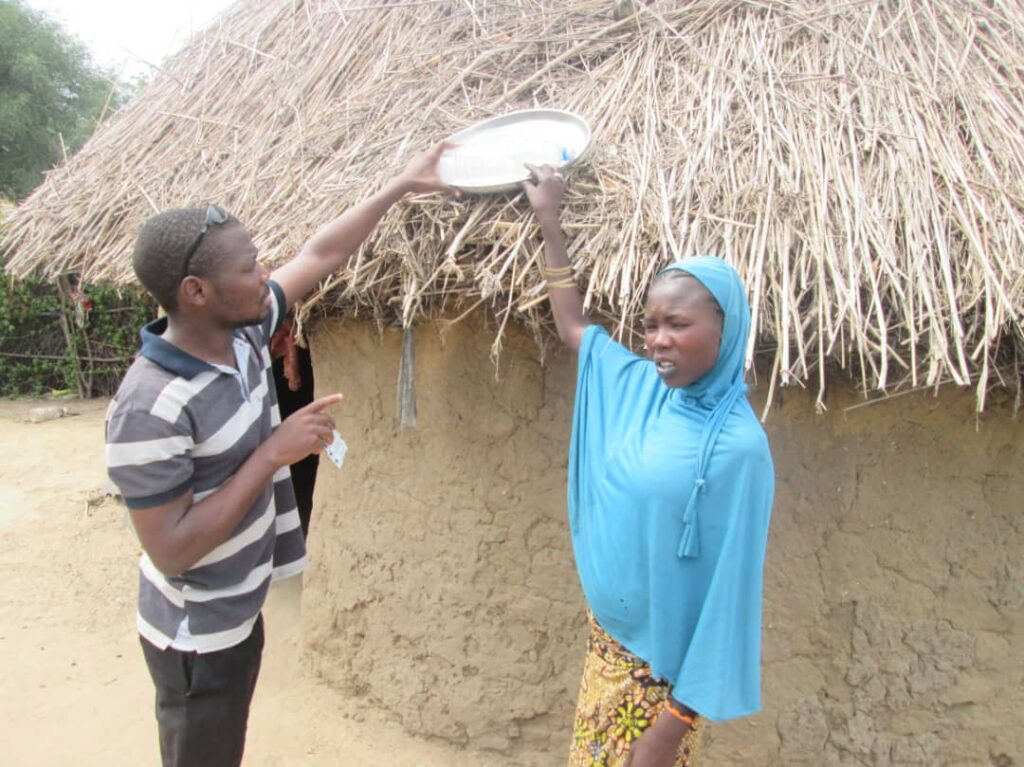Effect of extended dose intervals to oral cholera vaccine immune response in Cameroon (DISC)
The primary aim of this project was to determine changes in the vibriocidal geometric mean titers (GMT) in participants who received the second dose of oral cholera vaccine (OCV) at different intervals: 2 weeks, 6 months and 11 months following the first dose of vaccine administration.
Funder: DOVE Project John Hopsking University
Partners :
- Ministry of Public Health
– Division de la Recherche Opérationnelle en Santé (DROS)
-. Cameroon National Ethics Committee for Human Health Research
- John Hopkins Bloomberg School of Public Health, USA
- Meilleur Accès aux soins de Santé (M.A. SANTE)
Period: October 2018 to February 2020

Team members:
Principal investigator: Pr. David Sack, M.D. Johns Hopkins Bloomberg School of public Health, USA ; Project coordinator : Pr. ATEUDJIEU Jérôme ; Nafack Sonia ; Kengmo Ismael ; Maponjou Sybelle ; Beyala Landry ; Ayor Tembei Maureen
Summary
Cholera is a life-threatening disease. Compliance with hygiene measures and vaccination are among other measures to fight against the disease. Oral cholera vaccine (OCV) is now being used widely to prevent cholera in areas at risk. The standard dosing schedule of OCV is two doses with the second dose given 2 weeks after the first dose. This project was conceived and implemented to assess whether the immune response of the second dose of oral cholera vaccine (OCV) administered at extended intervals (2 weeks, 06 months and 11 months) is equivalent to that of the manufacturer which is two weeks after the first dose. After obtaining administrative authorizations and ethical clearance consent participants were recruited. Vaccination and blood collection were done during a year and a half at the Medical Center of Soboum located in the Littoral region of Cameroon. Serum samples were analyzed at M.A. SANTE Laboratory to determine the vibriocidal response at different periods of time. Results from this project are expected to serve as evidence to improve the use and efficiency of OCV during outbreaks.
Activities:
– Obtaining administrative authorizations and Ethical clearance
– Community sensitization
– Enrolment of participants
– Vaccination and follow-up of participants
– Pharmacovigilance of participants
– Sample analyses in the laboratory
Publications:
– In progress

